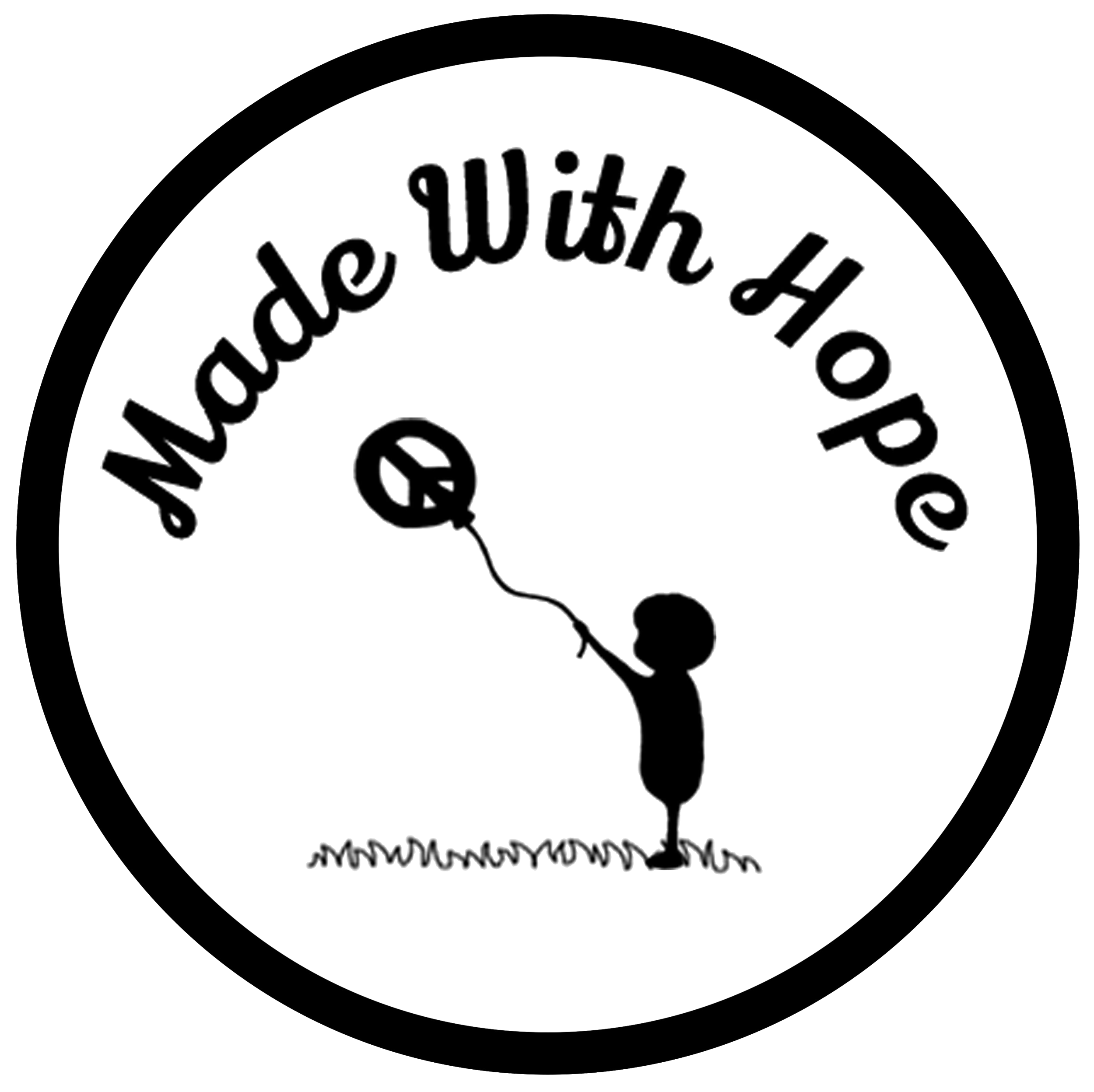How We Measure Impact: Tools & Transparency at Made With Hope
At Made With Hope, we believe that meaningful impact comes not just from what we do — but from how well we understand the results of our work. That’s why measuring impact is at the heart of everything we do.
In this blog, we’ll give you a behind-the-scenes look at how we track progress, learn from our work, and hold ourselves accountable to the communities we serve — and to you, our supporters.
Our partner, Ndoto in Action, collect important data from students, teachers, community members and local government
Why Measuring Impact Matters
Imagine building a school, only to find out a year later that attendance hasn’t improved, or that the toilets don’t work during rainy season. Measuring impact helps us avoid that.
It’s how we answer critical questions:
Are children actually learning more?
Do girls feel safe using our sanitation facilities?
Are our water systems still functioning one year later?
Is our funding being used efficiently and fairly?
Without measurement, we’d be guessing.
What We Measure
We focus on practical, people-centred outcomes. Here are a few examples:
Education - We collect school attendance rates and secondary school entrance pass rates, especially for girls
Water & Sanitation - We regularly monitor the functionality of water systems, hygiene knowledge, handwashing behaviour
Community Engagement - Local participation in design, implementation and sustainability of the project.
Gender Equity - Number of girls accessing toilets, staying in school
We also track long-term change but we’re careful not to over claim. Some outcomes, like confidence or community empowerment, are harder to quantify. But we listen closely to stories and feedback from those we work with.
Collecting raw data from girls voices
We want to hear what children have to say
Our Tools & Methods Centre Around Collaboration
We keep it simple and local because we have such close relationships with the schools. Our partner, Ndoto in Action in Tanzania regularly collect data and we review the data and sample our own data during our 1-2 yearly visits to the projects.
Here's some of the things we do:
Community Surveys: We speak directly with students, parents, and teachers.
Photo & Video Evidence: Capturing what progress looks like on the ground.
Partner Check-Ins: Our local team visits one or several schools each day to troubleshoot issues.
Water & Latrine Logs: To see how often facilities are used and if they break.
Self-reflection: we have open conversations with our partners to challenge the way we do things to make improvements.
We don’t use expensive consultants or iPads. Instead, we build trust with communities, use low-cost tools, and prioritise consistency and honesty. And at the end of the day, we also use a lot of common sense to just work out any issues.
What We’ve Learned
Tracking impact has helped us make key improvements. For example:
We realised the dirty water children were drinking was making them sick.
When girls told us they didn’t feel safe using their toilets, we worked with schools to build new toilet blocks
When children told us they can’t concentrate during lessons because they’re so hungry, we piloted a successful school garden project which we’re rolling out to all 9 schools.
We noticed absenteeism rose during menstruation, which led us to pilot a reusable pad programme and roll it out to all of our partner schools.
We listened to the students during interviews and when they told us the biggest barrier to enjoying a lesson can sometimes be when the rain blows into their dilapidated classroom we prioritised new classrooms.
If a child wants their opinions kept confidential, we ensure that happens
Why Transparency Matters
We know that many people are sceptical about charities and that was a big reason for Made with Hope’s creation. That’s why we share not only our successes — but also when things go wrong. For us, transparency builds trust.
In future blogs, we’ll talk more about what we’ve learned from our mistakes, and how we’re getting better at serving the communities we work with.
We spend time analysing attendance and exam results with teachers so that we can understand the impact of ours projects
How You Can Help
Your support enables us to keep measuring and improving our impact. Whether you donate, fundraise, or simply read and share our updates, you’re part of a transparent, learning-driven organisation.
We’re excited to share this journey with you and committed to always learning, adapting, and reporting back.
Thank you for believing in meaningful change.





